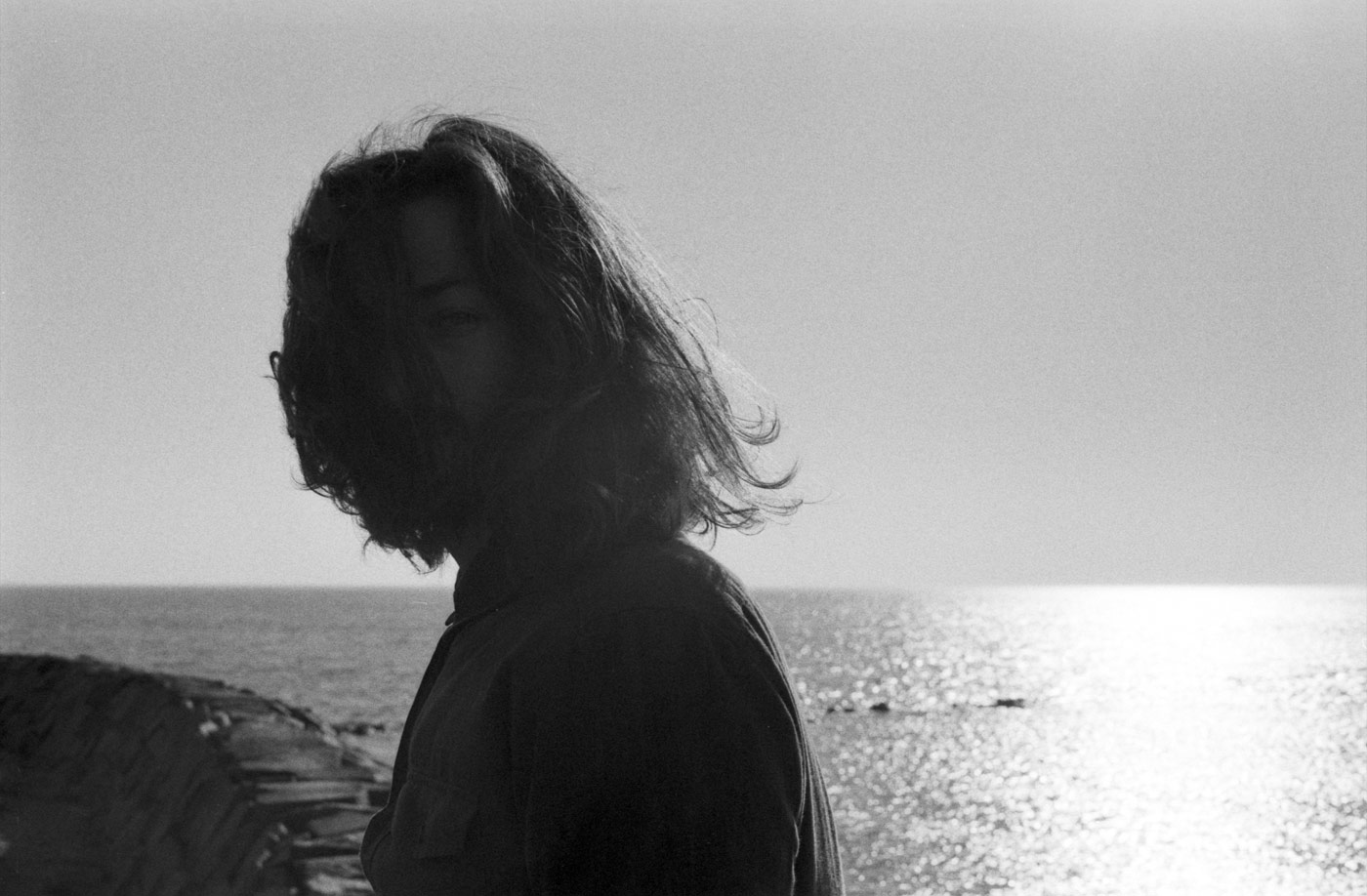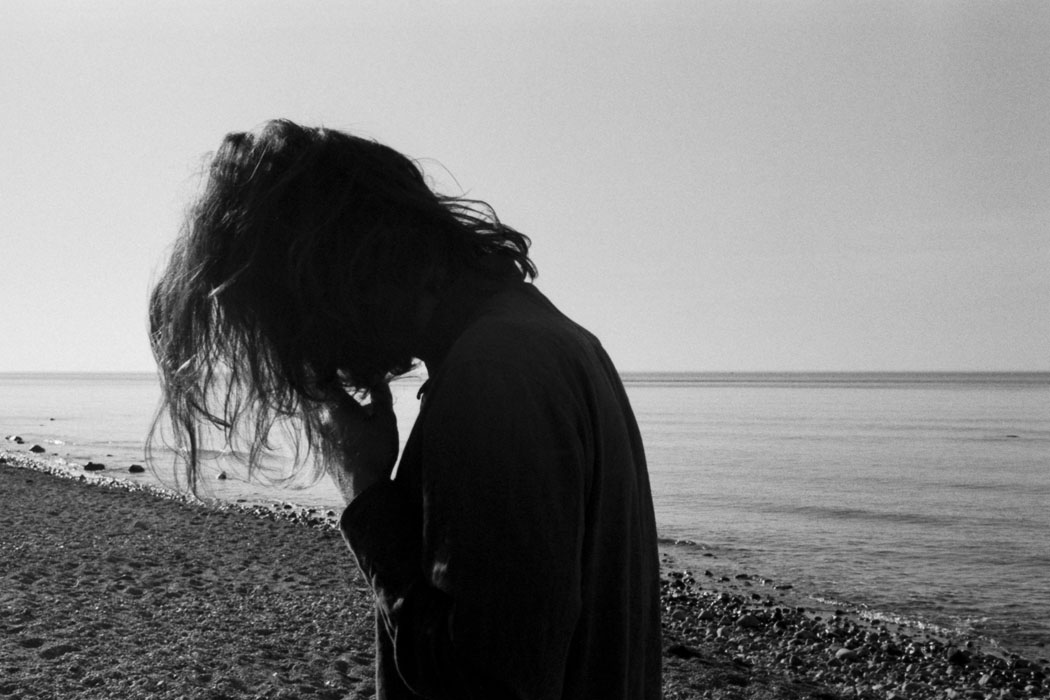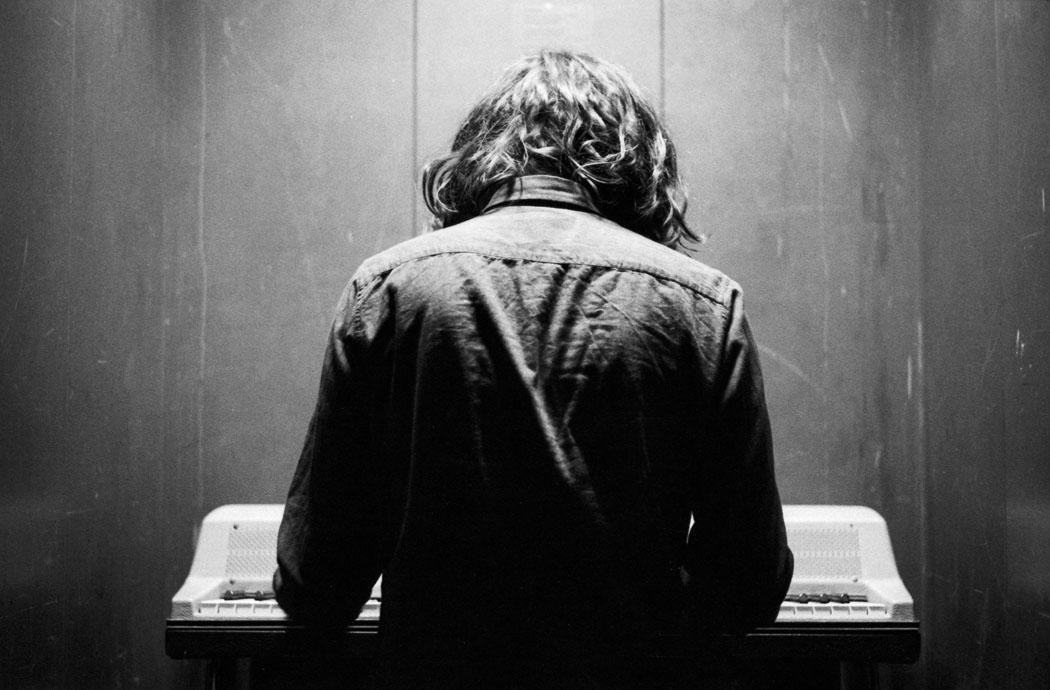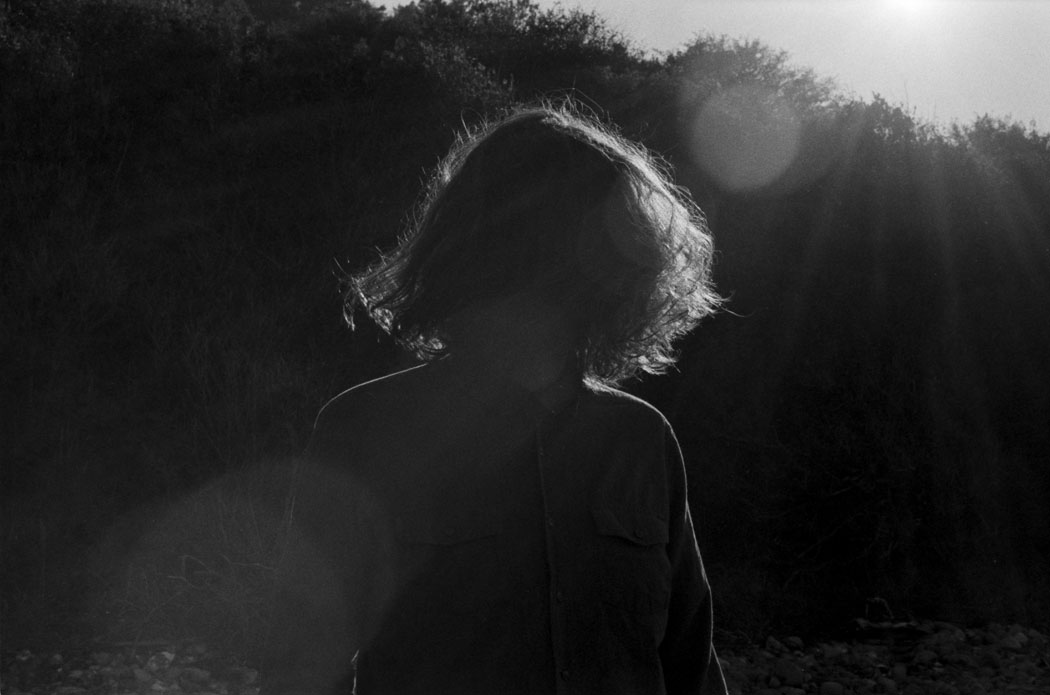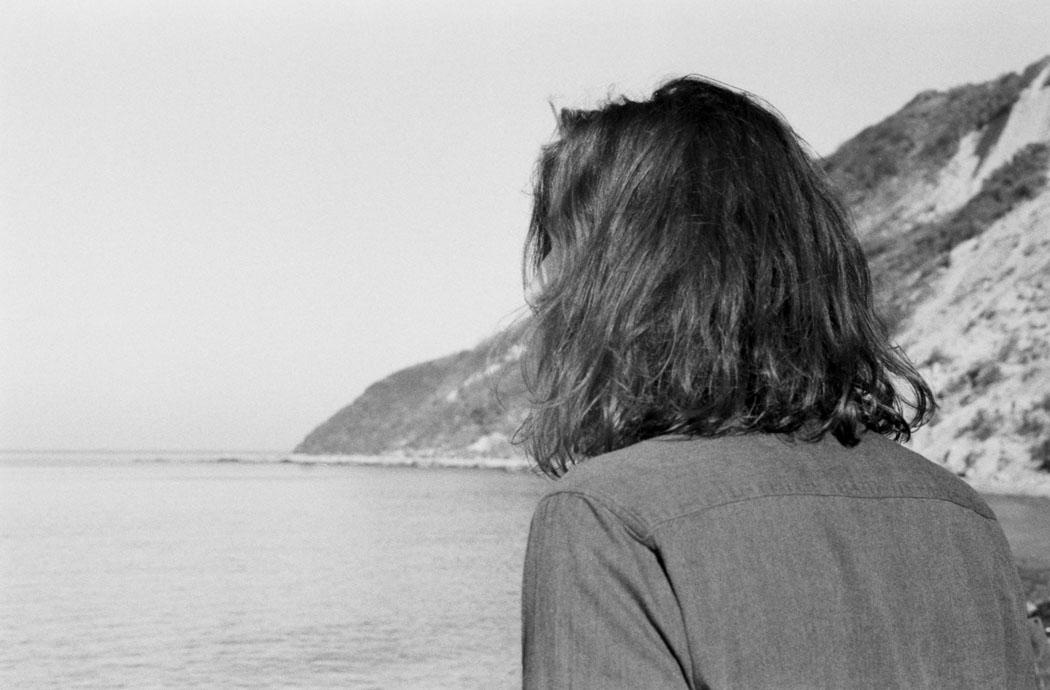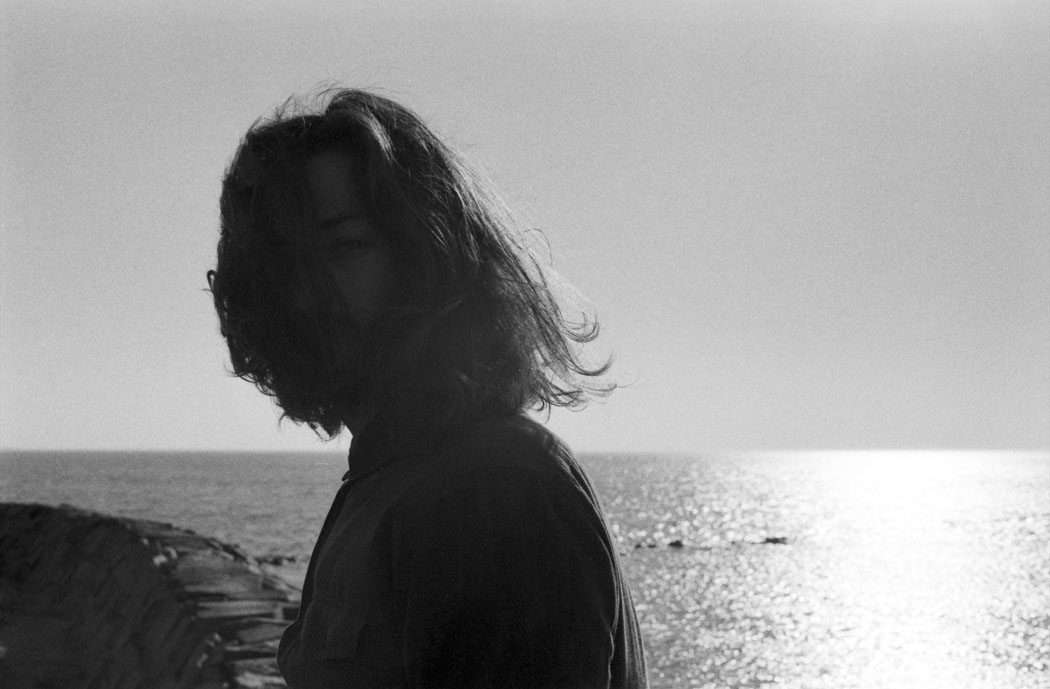Interview by Oro del Mac
Photography by Benjamin Schäfer
Some artists have a natural knack for weaving spells with their music. It’s not a technical ability – you can’t really learn it nor control it, you might be able to hone it – in as much as it’s a feel for translating feelings, sometimes conscious, often not, into a tangible, affective fabric of sound. Berlin based artist Jan Wagner has this gift! His debut LP Nummern (Klangbad / Quiet Love Records), an 8 song neoclassical / ambient opus, sounds like an instant classic. When you press play its like diving into an ocean of high definition emotions, dressed up in sparsse acoustic piano playing and rich synthesised sound. I spoke with Jan about his music, his artistic process and life in general.
I heard someone proclaim once that the piano is the saddest instrument in the world, would you agree?
I totally agree that the piano can be quite sad sometimes, mostly because of its huge resonating body. But it depends how you play on it. When I play the piano, it feels like it’s talking to me in some way. The less notes I play, the more I’m forced to listen, and the sadder it can feel.
Your music is very intimate, it feels almost confessional, yet you decided not to share any information about the context of these recordings, why is that?
My approach was to let the listener be as unaffected by any other influences other than the music itself. That’s one of the reasons why I chose simple letters for titles. When I first played the songs to my closest friends each of them reacted totally differently on an emotional level. Some cried, others told me it made them feel confident and optimistic. That’s when I realised my own story with this music is insignificant, because every listener has his or her very own interpretation or association while listening to it. The most important thing for me is to affect people with my music and make it easy for them to own the experience. To know anything about me is just not necessary in this case. (laughs)
It’s the most fascinating thing about music that describing it never gives it enough credit, you really need to listen to it to understand it.
“When I play the piano, it feels like it’s talking to me in some way. The less notes I play, the more I’m forced to listen, and the sadder it can feel.”
Do you believe in destiny?
Let’s put it this way: I think it’s important to be alert and to be present, to embrace every moment as it is. If you feel it’s unbearable: change something! To believe in a higher power to save you can become an excuse for not taking matters into your own hands.
The reason that I asked this is that apparently this record, and also you becoming a full-fledged recording artist, was somehow set off by a chance encounter – what is the story behind that?
To be honest, it wasn’t all that accidental (laughs). We met through a mutual friend and got to talking about our respective work after I mentioned some piano pieces that I had recorded recently. He loved them and that’s when we started working on them together. Every time I finished a recording, I sent it to James (note: James Varghese / Producer) in Zurich right away. We worked on those tracks for almost a year. It was a fascinating process, even though we almost never talked about the content. It was always me sending what I recorded and him sending his version back. We communicated through our adjustments made to my music.
What would you say was James’ main contribution to this record?
On this record James is a friend, musician, producer and even my label head. (laughs). If I had to choose one, I would say he was mostly a producer. I honestly think that James had the LP perfectly outlined in his head even when I wasn’t even thinking about releasing anything yet (laughs). He handled every song with care, carefully added or removed parts, but never forgot that these pieces represent my innermost world. He made sure that, in the end, there still is a“Jan Wagner” at the heart of all of these songs.
“Neo-Classical is like a refuge in all this content creating madness. People check their social media platforms innumerable times in a day and are exposed to a huge amount of information which is impossible for them to digest.”
Are the two of you planning to work together some more?
We will see (laughing). Right now both of us are very busy handling this release, but once that has settled we will surely meet up in the studio again. There are already some new tracks in the making, but nothing to talk about at this moment.
There is a lot of Neo-Classical music coming out that is blending electronica with piano playing. Nils Frahm is probably the most celebrated of the bunch – why is this the perfect moment for this music?
This moment has been going on for some years now (laughs). But I think with the platform that incredible labels such as Erased Tapes created attention is being drawn to this kind of music. For me, personally, Neo-Classical is like a refuge in all this content creating madness. People check their social media platforms innumerable times in a day and are exposed to a huge amount of information which is impossible for them to digest. To balance this out some people fall into hedonism, others try to find some form of tranquility. That’s where Neo-Classical music belongs in my opinion. It can act as a sanctuary.
So the piano is cool again, huh?
Again? To me It always has been (laughs). Now imagine “Piano Man” by Billy Joel playing in my head.
www.facebook.com/janwagnermusic
www.facebook.com/quietloverecords
www.facebook.com/klangbad

